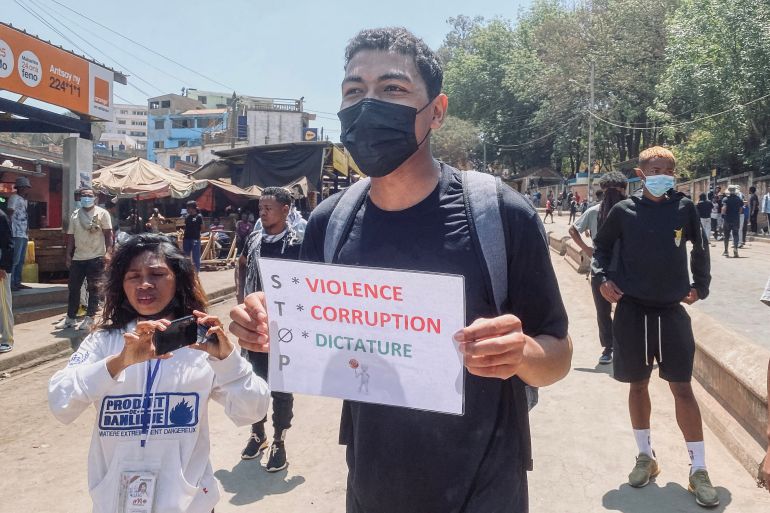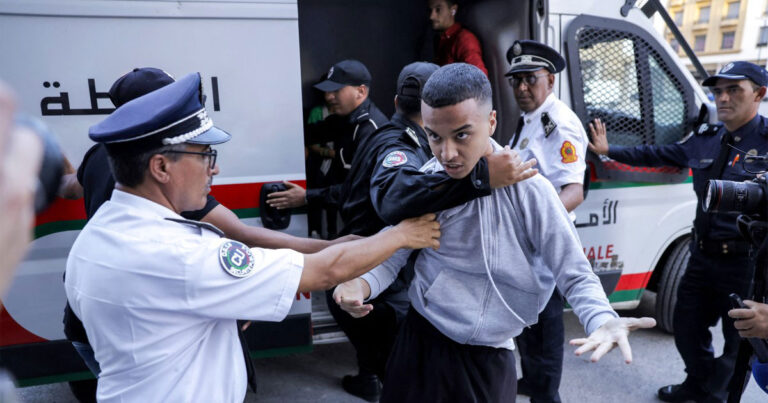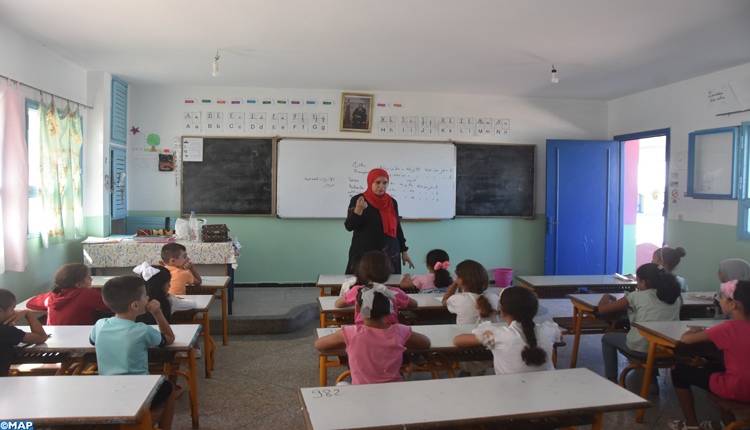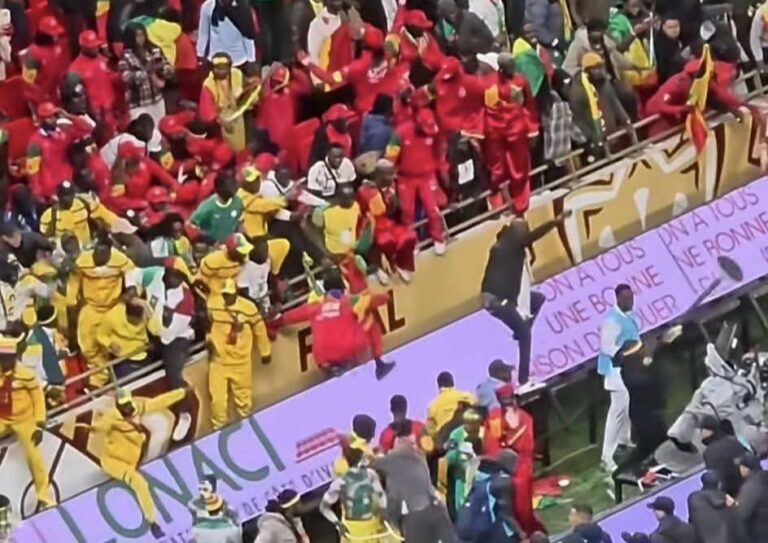Madagascar’s President Andry Rajoelina announced on Tuesday the dissolution of his government following a week of large-scale youth-led protests driven by “Generation Z,” sparked by worsening living conditions and recurring power and water outages. According to United Nations estimates, the unrest has left at least 22 people dead and more than 100 others injured.
The demonstrations began in the capital, Antananarivo, where thousands gathered near the main university, waving banners and singing the national anthem before attempting to march toward the city center. Security forces responded with tear gas and rubber bullets, while authorities imposed a nightly curfew to contain the movement.
Roots of the Crisis
World Bank data shows that around 75% of the country’s 30 million inhabitants lived below the poverty line in 2022, highlighting the depth of popular frustration with the government. Protesters blamed President Rajoelina for failing to improve living conditions, stressing that frequent electricity and water cuts had paralyzed daily life.
Disputed Death Toll
The UN Human Rights Office reported that the victims included demonstrators and bystanders shot by security forces, as well as individuals killed during separate incidents of looting and violence. However, Madagascar’s Ministry of Foreign Affairs rejected these figures, calling them “misleading and based on rumors.”
External Inspiration and Social Media Mobilization
Organizers of the movement said they drew inspiration from youth protests in Kenya and Nepal, with some demonstrators even carrying a flag used in Nepal’s recent demonstrations that forced the resignation of the prime minister. Social media—particularly Facebook—played a key role in mobilizing protesters, echoing the events in Kenya last year when mass demonstrations pushed the government to withdraw controversial tax legislation.
An Uncertain Future
The dissolution of the government may represent an initial response to street demands, but it also raises serious questions about Madagascar’s political stability and President Rajoelina’s ability to rebuild trust with a younger generation that has become an undeniable force for change.







